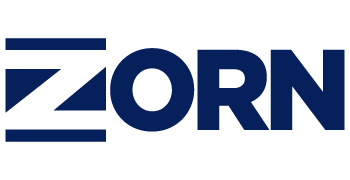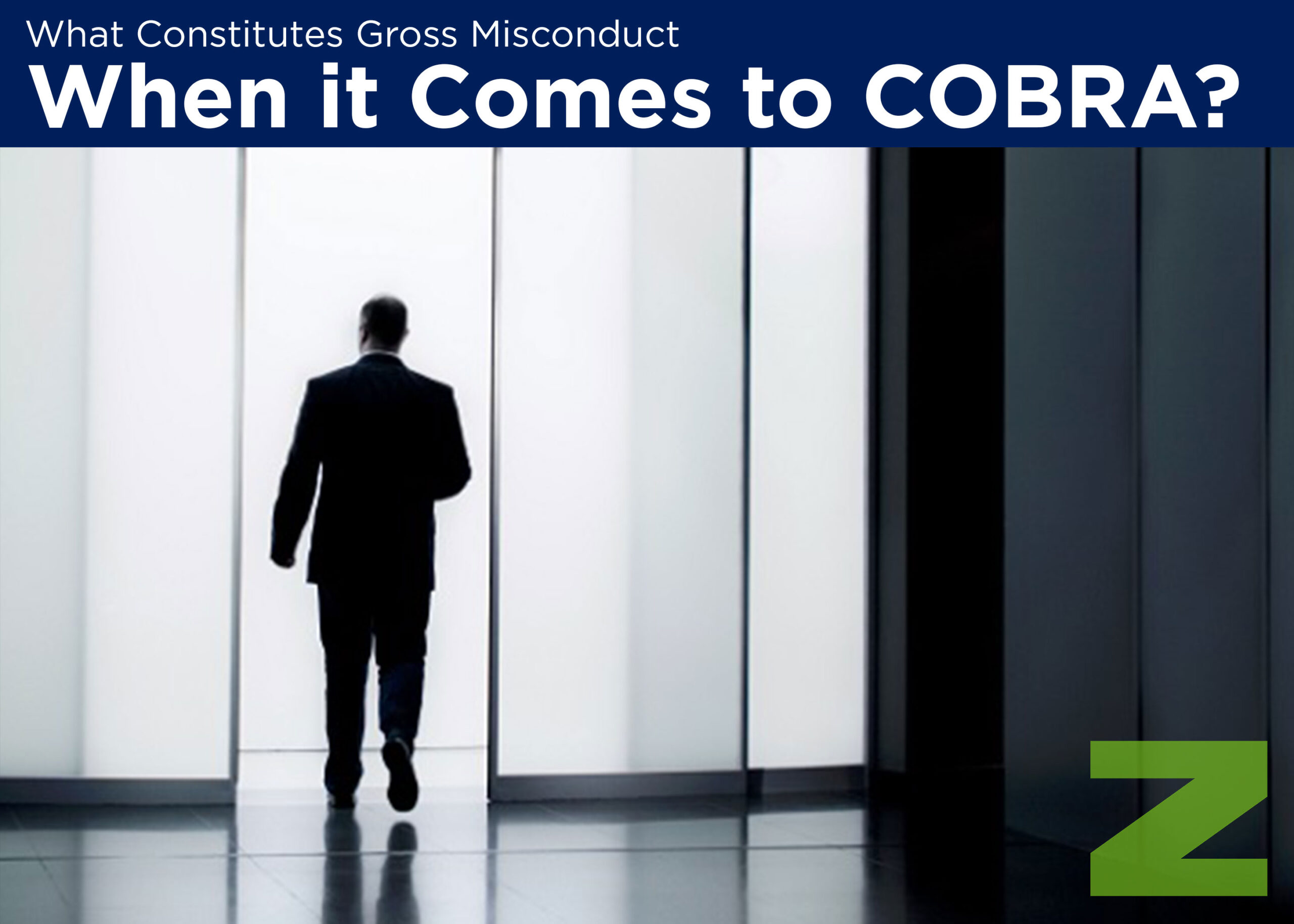(by Nancy Owen, PHR)
First, let’s first look at what COBRA is and which employers must provide it.
The Consolidated Omnibus Budget Reconciliation Act, also known as COBRA is a law that was passed in 1985 by the United States Congress and signed by President Ronald Reagan. This law makes it mandatory for covered employers to give eligible employees the ability to continue health insurance coverage for a limited time when coverage under the plan would otherwise end due to certain qualifying events, including termination of employment.
COBRA administration is shared by three federal agencies. The U.S. Department of Labor (DOL) handles questions about notification rights under COBRA for private-sector employees. The Department of Health and Human Services handles questions relating to state and local government workers. And finally, the Internal Revenue Service, Department of the Treasury, has issued regulations on COBRA provisions and shares jurisdiction for enforcement of these provisions with the DOL.
COBRA compliance applies to almost every business that has 20 or more employees and offers a group health care plan. However, COBRA does not apply to group health plans maintained by small employers (fewer than 20 employees) or churches. There are also special coverage rules for governmental employers, although, most governmental group health plans are required to offer continuation coverage.
There may be an exception to this rule for many small employers. Many states have their own laws that are similar to COBRA that apply to fully insured group health plans; however, unlike the federal law, these state laws may include plans maintained by churches and by employers with fewer than 20 employees. These are usually referred to as “mini-COBRA” laws. That means even though an employer may not be subject to federal COBRA, it may nevertheless be required to provide continuation coverage under their state insurance law. Self-insured health plans maintained by private-sector employers are typically not subject to state continuation coverage requirements. A group health plan is not subject to COBRA for a calendar year if the employer maintaining the plan normally employed fewer than 20 employees on typical business days during the preceding calendar year.
Now that we know what COBRA is, do you also know that you don’t ALWAYS have to extend COBRA to a terminating employee? One exception would be when the employee is terminated for gross misconduct. When that happens, the termination is not considered a COBRA-qualifying event and the employer does not have to offer COBRA continuation coverage to the ex-employee, or the ex-employee’s covered spouse or dependent child(ren).
The COBRA statute does not specifically define the term gross misconduct, so the courts have taken the lead on deciding whether to apply it on a case by case basis. That means it’s up to employers to determine whether their gross misconduct definition meets the standards that were previously ruled on from past court cases as well as regulatory and legal developments.
Courts that have faced the gross misconduct case generally refer to the two questions below when deciding if the conduct is truly gross misconduct.
- Was the conduct intentional, willful, deliberate or reckless, and was that conduct performed with a conscious or reckless disregard of the consequences of one’s acts for the very purpose of causing harm or with knowledge that harm would result in the employer’s best interest?
- Did the conduct have a connection or series of connections or physical presence linking the gross misconduct or performance directly to the employer, a co-worker or a current or former client or customer?
To minimize their risk, many employers have decided not to apply the gross misconduct exception at all, but, instead, to extend COBRA to all terminated employees regardless of the reason for the termination. Another way employers can limit their risk is to clearly communicate to employees the type of behavior the company considers to be gross misconduct. This can be done by adding your policy to your your employee handbook or to the employee’s contract of employment. When you identify gross misconduct in advance, you are informing your employees what you consider to be significant and this will assist you later should you find you have a claim against you for not providing COBRA to an employee who was terminated for this cause.
Here is a list of conduct that most employers would consider to be gross misconduct:
- Fighting, physical assault, abuse, or threatening behavior
- Blatant disregard for the safety of others or serious breaches of health and safety rules
- Deliberate acts of vandalism or sabotage
- Any attempts to financially defraud the company or theft
- Significant levels of insubordination
- Dishonesty, falsification of documents, or other forms of misrepresentation
- Offensive or unlawful behavior (such as discrimination, harassment, or bullying)
- Working under the influence of illegal drugs or alcohol
Should you decide to deny COBRA to an ex-employee on the basis of gross misconduct, be sure you keep detailed records of the process used to determine the gross misconduct along with any notices or correspondence to the ex-employee.
Just remember, COBRA mistakes can be costly whether they were intentional or not. Employers may be liable for a penalty of up to $110 per employee or family member for each day of noncompliance. The Employee Retirement Income Security Act (ERISA) provides for additional penalties and gives affected persons—as well as the Department of Labor—the right to file a lawsuit. Be sure you are sending timely notifications to your plan administrator when a qualifying event occurs, including terminations or a reduction in hours, such as a leave of absence or a layoff. For more information about COBRA compliance, see Derek Ross’ recent article, Should We Continue Health Insurance When an Employee is on Leave?
Employers with questions about COBRA compliance, or any other HR concern, can contact our HR professionals by calling us at 1 (800) 224-7951.
#zorninsight





